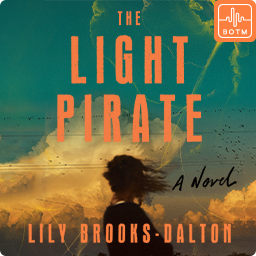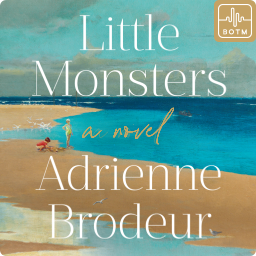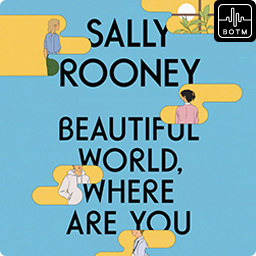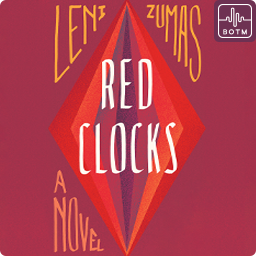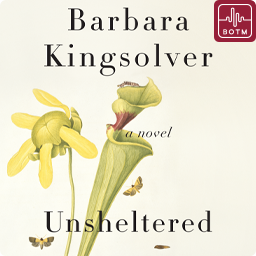

Literary fiction
Eat Only When You're Hungry
by Lindsay Hunter
Preview
Ear-nings rewards
Ear-nings rewards
0/5
You’re 5 audiobooks away from a free credit!
Quick Take
Spoiler alert: bad choices outweigh good ones in this novel. Â And yet the hope is there.
Synopsis
Achingly funny and full of feeling, _Eat Only When You’re Hungry_ follows fifty-eight-year-old Greg as he searches for his son, GJ, an addict who has been missing for three weeks. Greg is bored, demoralized, obese, and as dubious of GJ’s desire to be found as he is of his own motivation to go looking. Almost on a whim, Greg embarks on a road trip to central Florida—a noble search for his son, or so he tells himself.
Greg takes us on a tour of highway and roadside, of Taco Bell, KFC, gas-station Slurpees, sticky strip-club floors, pooling sweat, candy wrappers and crumpled panes of cellophane and wrinkled plastic bags tumbling along the interstate. This is the America Greg knows, one he feels closer to than to his youthful idealism, closer even than to his younger second wife. As his journey continues, through drive-thru windows and into the living rooms of his alluring ex-wife and his distant, curmudgeonly father, Greg’s urgent search for GJ slowly recedes into the background, replaced with a painstaking, illuminating, and unavoidable look at Greg’s own mistakes—as a father, as a husband, and as a man.
Brimming with the same visceral regret and joy that leak from the fast food Greg inhales, _Eat Only When You’re Hungry_ is a wild and biting study of addiction, perseverance, and the insurmountable struggle to change. With America’s desolate underbelly serving as her guide, Lindsay Hunter elicits a singular type of sympathy for her characters, using them to challenge our preconceived notions about addiction and to explore the innumerable ways we fail ourselves.
Why I love it
Nina Sankovitch
Bestselling Author
What is it about the word "addict" that triggers so many contrasting emotions? Pity, fear, anger, disgust, sympathy. And what about empathy? After reading Eat Only When You’re Hungry, the empathy I felt outweighed every other feeling. I came away weeping, laughing, and nodding in recognition.
After all, aren’t we all addicted to something? Why do some of us maintain balance while others fall so hard for so little? Lindsay Hunter poses these questions through the characters of the oh-so-dysfunctional family of Greg, an obese father with one son, one ex-wife, one current wife, an elderly father, and a dead (but still dominating!) mother. Whether it is booze, love, drugs, control, sex, or food, everyone in this family craves something, and for Greg and his son GJ (Greg Junior), the cravings—for food or for drugs respectively—are overwhelming.
When GJ goes missing, Greg decides to take decisive action and track him down. What follows is a road trip that plumbs the miseries of the cycle of addiction, of failure and remorse and repeat, but does so in language so beautiful and with a portrait of family so real, I could not help but hope against hope for the best. Every character stands on his or her own, unique and vital but also undeniably screwed up, with varying degrees of trying to come clean or happily living in denial.
I’d like to stay in touch with this family—because I care about them, even as they infuriated me. Spoiler alert: bad choices outweigh good ones in this novel. And yet the hope is there, no matter how many dead ends Greg reaches. Which is kind of a definition of addiction: bad choices, veiled hope, dead ends.
The fact that Hunter made me laugh with her sharp observations of human nature and her sly asides about the human frame (she gets us, inside and out), just makes this book more of a keeper, a treasure of a novel about family, and about the heartbreak, banality, and ubiquity of addiction.























